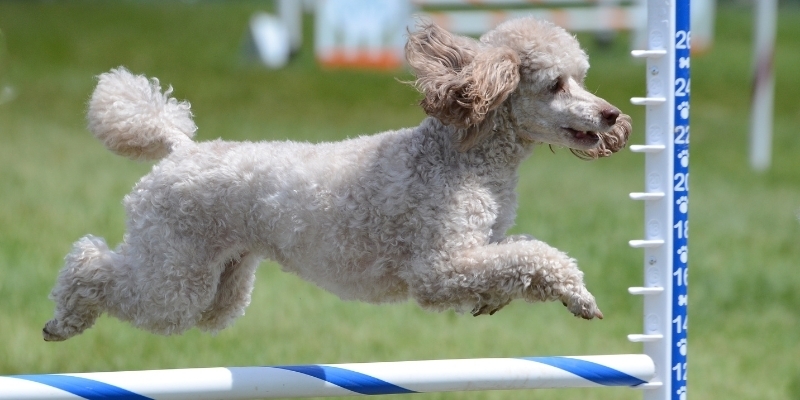When we think about cruciate ligament injuries, we tend to think about athletes suddenly limping off the field with severe knee pain.
This can be the case with dogs too, as high-impact exercise has the potential to trigger sudden knee problems. However, cruciate disease in dogs commonly presents as a more chronic (long-term) issue. Here’s how we can recognise chronic cruciate disease in dogs, and what can be done about it:
What is chronic cruciate disease?
Cruciate ligaments are located within the knee joint and help to stabilise the joint and allow it to bear weight. Chronic cruciate disease involves gradual damage and tearing of the anterior cruciate ligament (ACL) in the knee joint, causing pain, inflammation, and progressive instability in the knee.
Overweight dogs, particularly larger, heavier breeds such as labradors, retrievers, rottweilers, and Staffordshire Bull Terriers are especially predisposed to the disease.
How do we diagnose cruciate disease?
Dogs with chronic cruciate disease commonly show intermittent hindlimb lameness, which may worsen after vigorous exercise, but temporarily improve after several days of rest.
Eventually, when the ligament completely tears, the dog may experience a lot of pain, and be reluctant or unable to bear any weight on the leg at all.
If we suspect cruciate disease in a dog, a general anaesthetic will often be recommended – so that the dog is relaxed and not tensing in pain, and a proper physical examination, and x-rays – can be performed to diagnose cruciate disease and any secondary degenerative changes to the knee joint.
How can cruciate ligament damage be treated?
For larger breed dogs with cruciate ligament damage, surgical repair is usually recommended. While surgery helps to stabilise the knee joint, and gives the best chance of a return to normal or near-normal knee function, as time goes on many dogs who have damaged their cruciate ligament are likely to develop secondary arthritis that can be managed with proactive joint support therapies.
For more information on supporting your pet’s joint health and comfort, have a chat with our knee-knowledgeable veterinary team.

